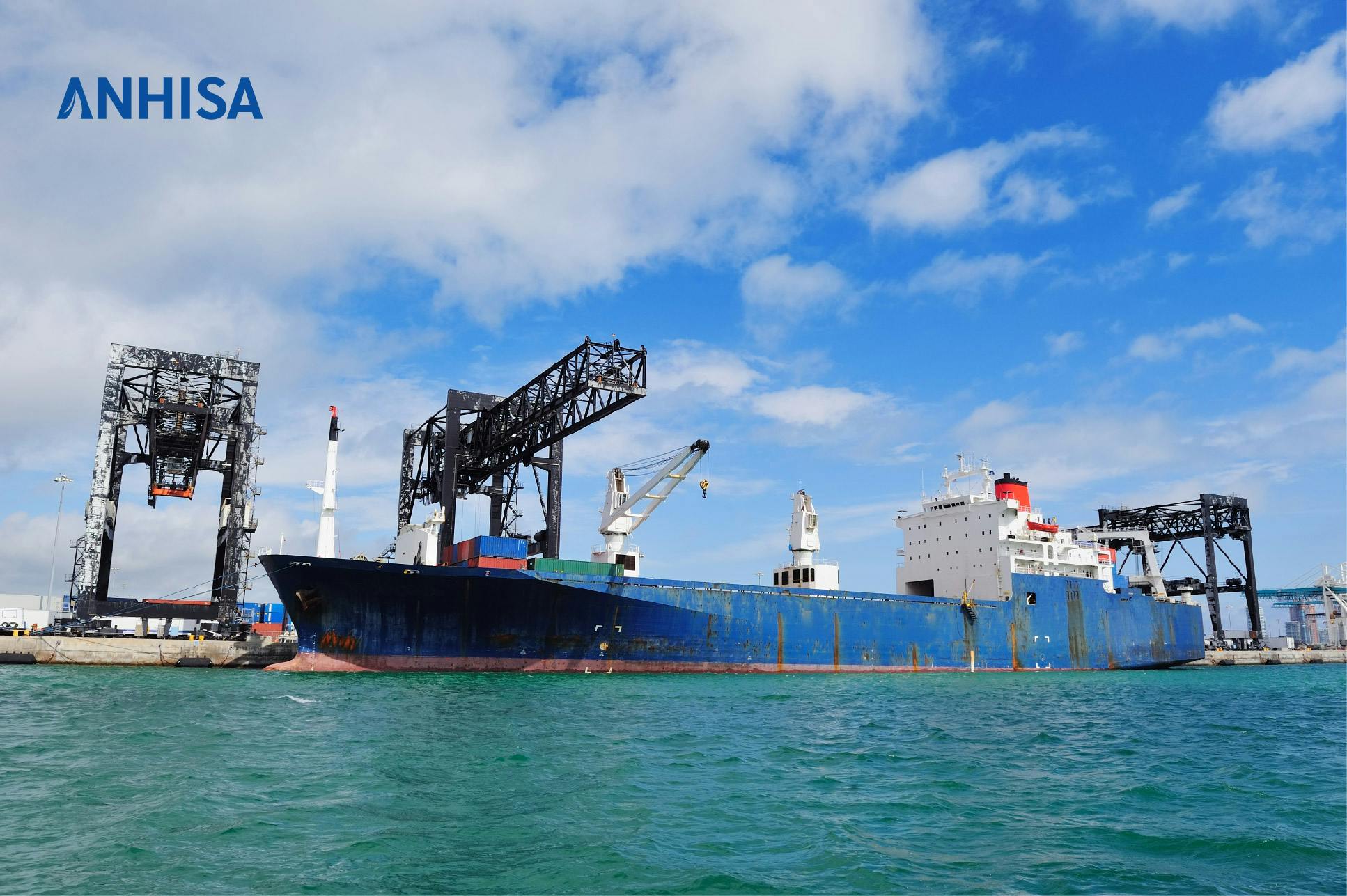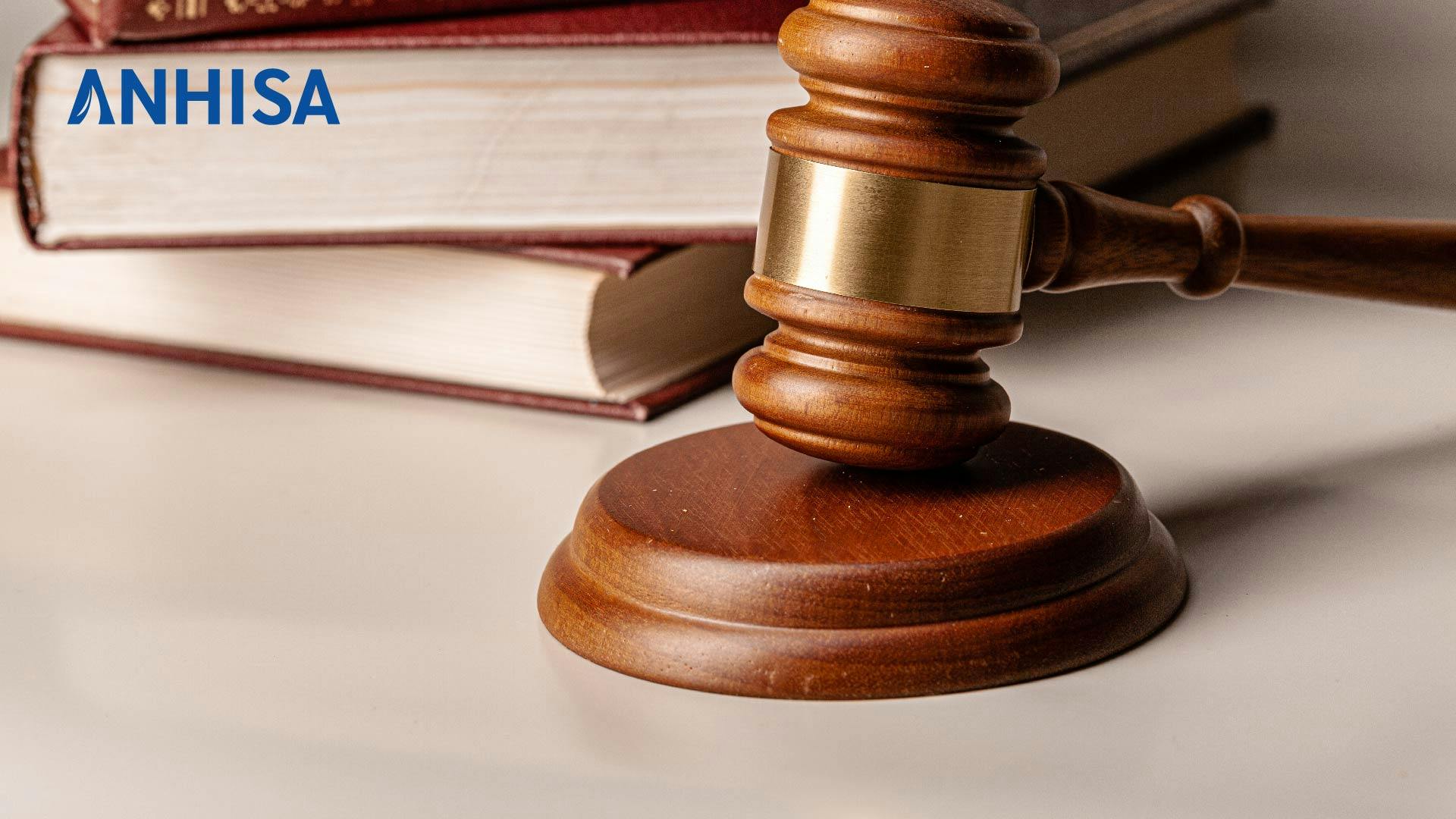THE AFTERMATH OF A DEFAULT CREDIT CONTRACT: HOW TO RECOVER YOUR LOST?
November 08, 2023
THE AFTERMATH OF A DEFAULT CREDIT CONTRACT
HOW TO RECOVER YOUR LOST?
In the wake of COVID-19’s aftermath, the financial, commercial, and business sectors are struggling to find their footing back for steady growth. Lending and borrowing, already the common practice in any part of doing business or investing, are now the prime choice of many businesses to acquire certain capital flow, hoping to build back their businesses after trading suspension. However, the question to be raised now is: what if your borrowers fail to repay the debt?

No fortune teller can predict exactly that your business, or your borrowers’ business, shall flourish or flounder, no one can tell you whether the company that signed a credit agreement with the bank yesterday may go bankrupt today. The risk of failing to pay the loans is inevitable, and evidently lurking as the world economy inching closer to the verge of recession day by day.
Credit agreements are the heart of the relocation of capital flow – simplified as the act of borrowing and lending. These mere written documents, created by lenders, are open offers. The acceptance of that offer materializes when the debtor takes out a loan or opens a line of credit.
This single document singlehandedly governs the relationship between the creditor – the lender – and the debtor – the borrower. The agreements establish all of the terms of the borrowing relationship, including indicating available funding, when and how debtors are obligated to make repayment to the creditor.
Foreign investors when extending their business in the jurisdiction of Vietnam, commonly opt for the route of entering into credit agreements. They, more often than not, offer collateral of certain types of owned property, such as factories, land use rights, production lines, equipment, machinery, etc. as security in order to obtain a loan for commencing their projects in Vietnam. Assured by these collaterals, Vietnamese creditors, many of which are local banks, hope to mitigate the risk burden on their part, in the worst case of debtor’s default, they still may be able to grasp on such collateral as the security to recoup and recover the loss.
The COVID-19 pandemic has taken a significant toll on, and strained countless businesses, leading to severe disruptions in various industries. It also adversely affects the efficiency of firms across all businesses, and thus spillover effects on banks and creditor the same is unavoidable, leading to an increase of their exposure to credit risk. Particularly, the pandemic has caused liquidity shortages, credit reduction, falling returns from investments, and rises in non-performing loans and default rates.
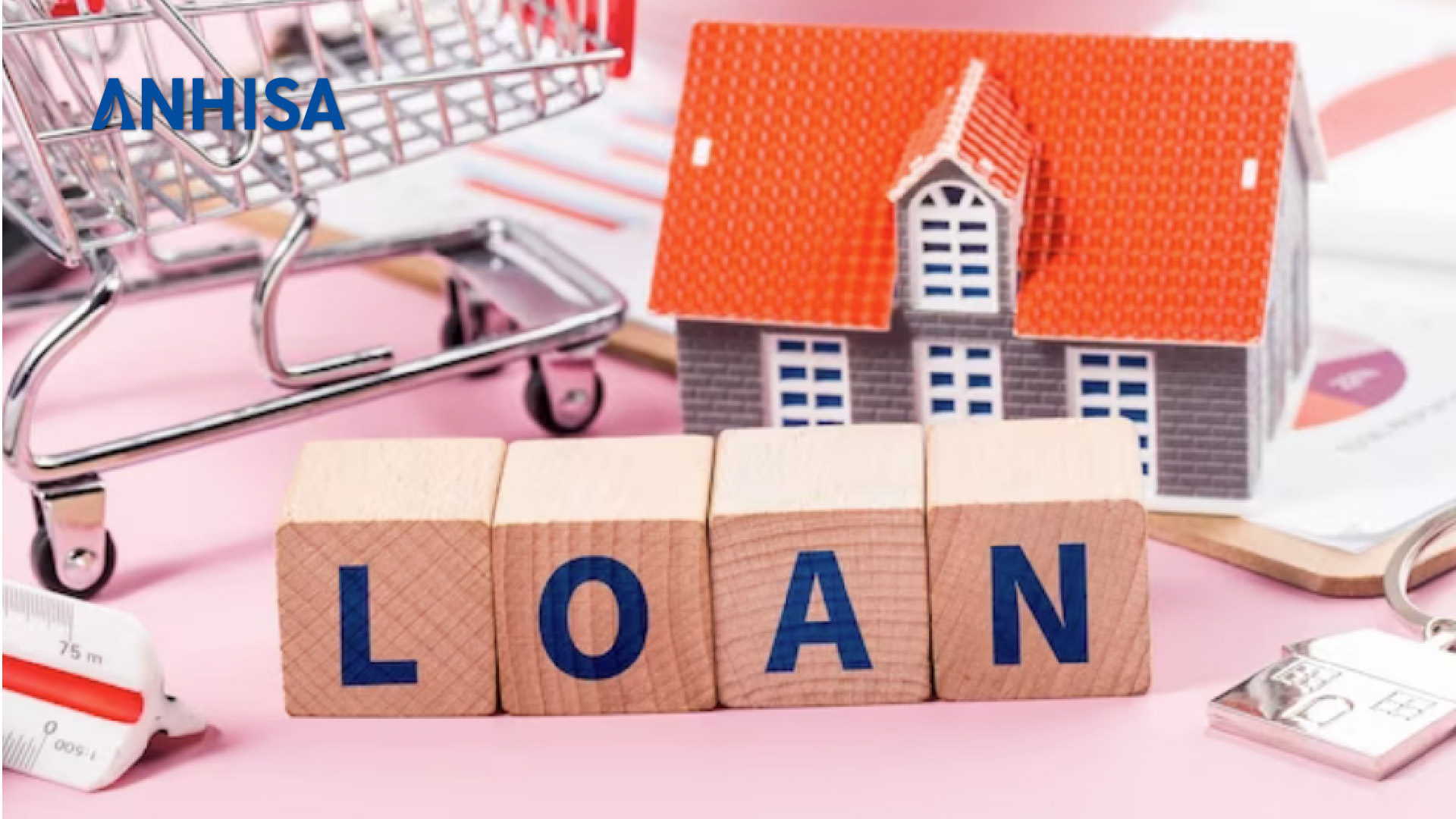
Facing this risk, to recover overdue debts, as per Vietnamese practice, the banks being the creditors in credit and mortgage contracts, are likely to conduct foreclosure in strict compliance with the provisions of the law as well as their internal regulations by taking ownership from the borrower to sell the aforesaid collateral. Under Vietnamese law as well as pursuant to credit agreements, creditors with secured loans may apply specific methods below to sell the collateral for recovery of the outstanding debts.
- Auctions;
- Selling collateral themselves;
- The creditor purchases the collateral and becomes the owner of assets; and
- Other methods.
Our lawyers at ANHISA have duly assisted multiple creditors in all stages of recovery when debtors failed to uphold their obligations and credit contracts. Many local creditors, including local banks, have initiated lawsuits before competent courts, at the advice of our lawyers, to request the final judgment for the legal sale of collateral and recovery of the outstanding debts, which have successfully been done.
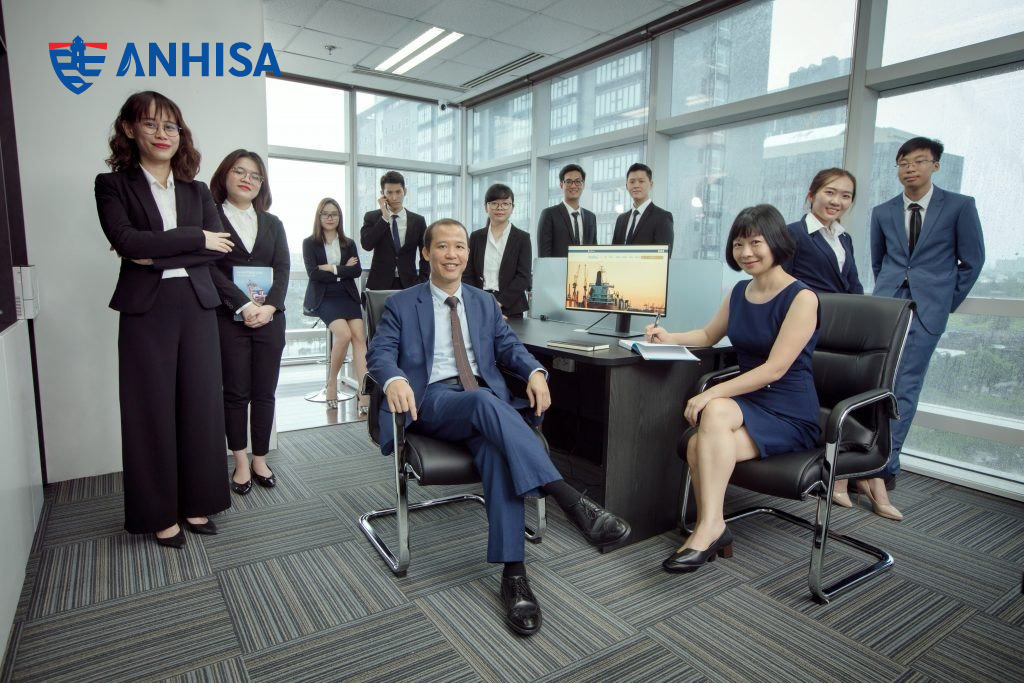
However, not all cases shall progress smoothly. Normally, the competent court may spend 06 months to one year analyzing evidence and issuing a final judgment; nevertheless, this process may last longer than expected due to the aftermath of the COVID-19 pandemic, and the overloaded case file currently at the local courts. Creditors, furthermore, may also meet difficulty when seeking any potential purchaser for the collateral, as the projected world economy has been envisaged with a bleak future.
On the other side of the coin, ANHISA team did act for some foreign investors who were claimed by one of the top banks in Vietnam with a claim amount of millions of US dollars. The settlement of the case proved to be challenged for both parties, when the legal proceeding took more than 02 years from the commencement of litigation, but the local court has not yet rendered any final judgment/decision. Our lawyers, with professional experience and deep knowledge of legal procedures and practical understanding, have assisted our clients in progressing and settling the dispute. Our provided reasonable and amicable resolutions have saved time and costs and mitigated the loss for our clients.
Our team is well-equipped and fully certified to act on behalf of our client under any circumstance, e.g., participate in the whole of litigation at court including meetings, appraisal sessions, and auctions to assist customers in protecting their legal ownership of their properties. Nothing is more rewarding to us than the happiness of our clients and the effectiveness of resolving a dispute.
Should you have any trouble relating to the credit contract, let us help you untangle your concern right away! Please contact us at:
ANHISA
Mr. Dang Viet Anh
Email: [email protected]
T: (+84) 28 5416 5873
M: (+84) 983 467070
Mr. Do Minh Tu
Email: [email protected]
T: (+84) 28 541 65873
M: (+84) 963 040793
FAQ:
Q1: What are the common challenges faced in the financial sector due to the aftermath of COVID-19? A1: The aftermath of COVID-19 has led to disruptions in various industries, causing liquidity shortages, credit reductions, falling returns from investments, and increases in non-performing loans and default rates, impacting both businesses and creditors.
Q2: How do credit agreements work, and what is their role in borrowing and lending?
A2: Credit agreements are fundamental to borrowing and lending. These written documents establish the terms of the borrowing relationship, including the available funding and repayment obligations.
Q3: Why do foreign investors often choose credit agreements when extending their business in Vietnam?
A3: Foreign investors in Vietnam commonly opt for credit agreements, often providing collateral such as property, to secure loans for their projects. This collateral offers security to Vietnamese creditors in case of debtor default.
Q4: How do creditors in Vietnam aim to recover overdue debts in the case of debtor default?
A4: Creditors in Vietnam, including local banks, may conduct foreclosure by selling the collateral to recover outstanding debts. Methods may include auctions, selling collateral themselves, the creditor purchasing the collateral, or other approaches.
Q5: What legal options are available to creditors when debtors fail to uphold their obligations and credit contracts?
A5: Creditors may initiate lawsuits before competent courts to request the legal sale of collateral and recovery of outstanding debts. Legal assistance is often essential in such cases.
Related posts
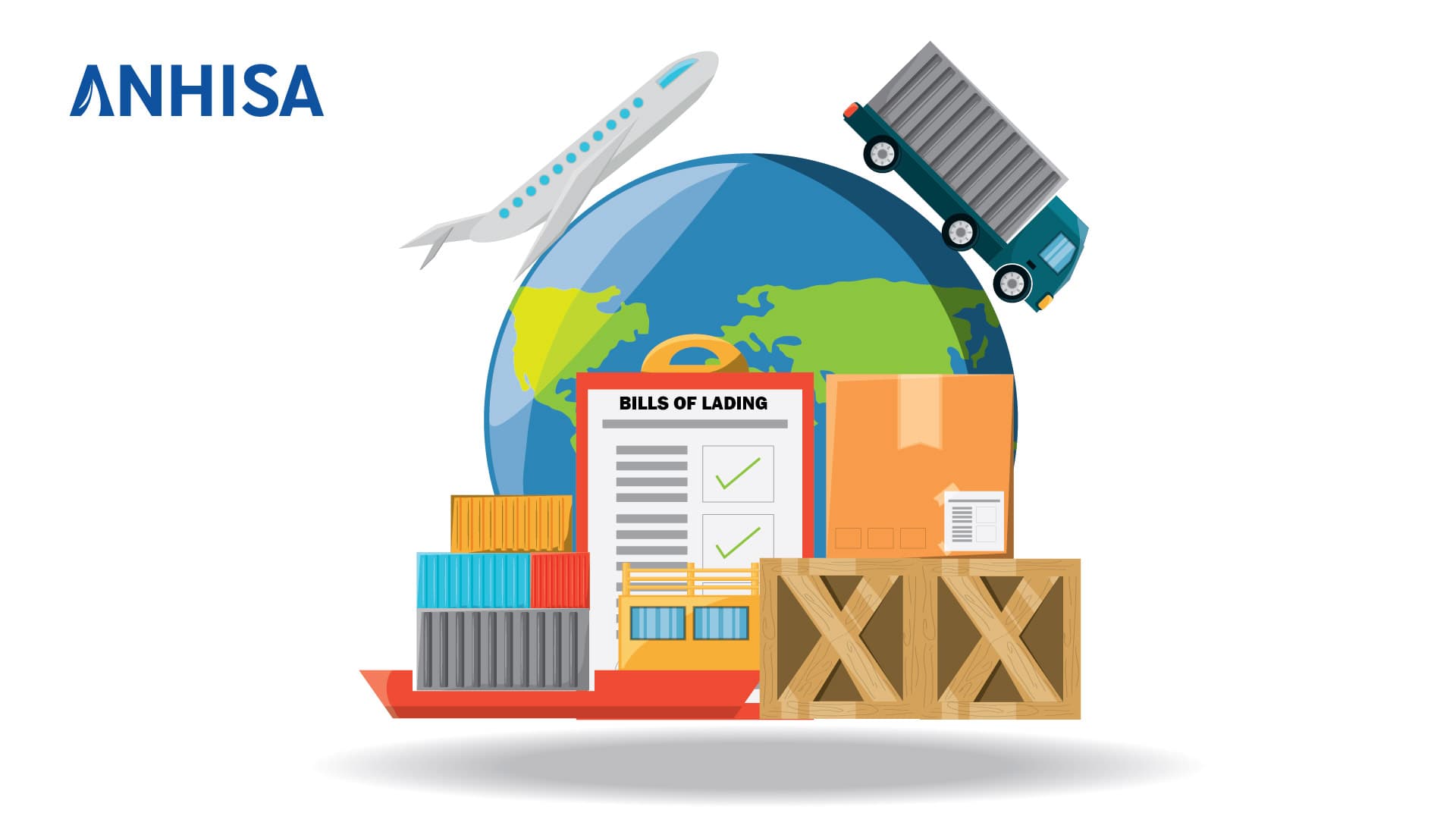
Bills of Lading: Importance for International Shipping
March 19, 2024
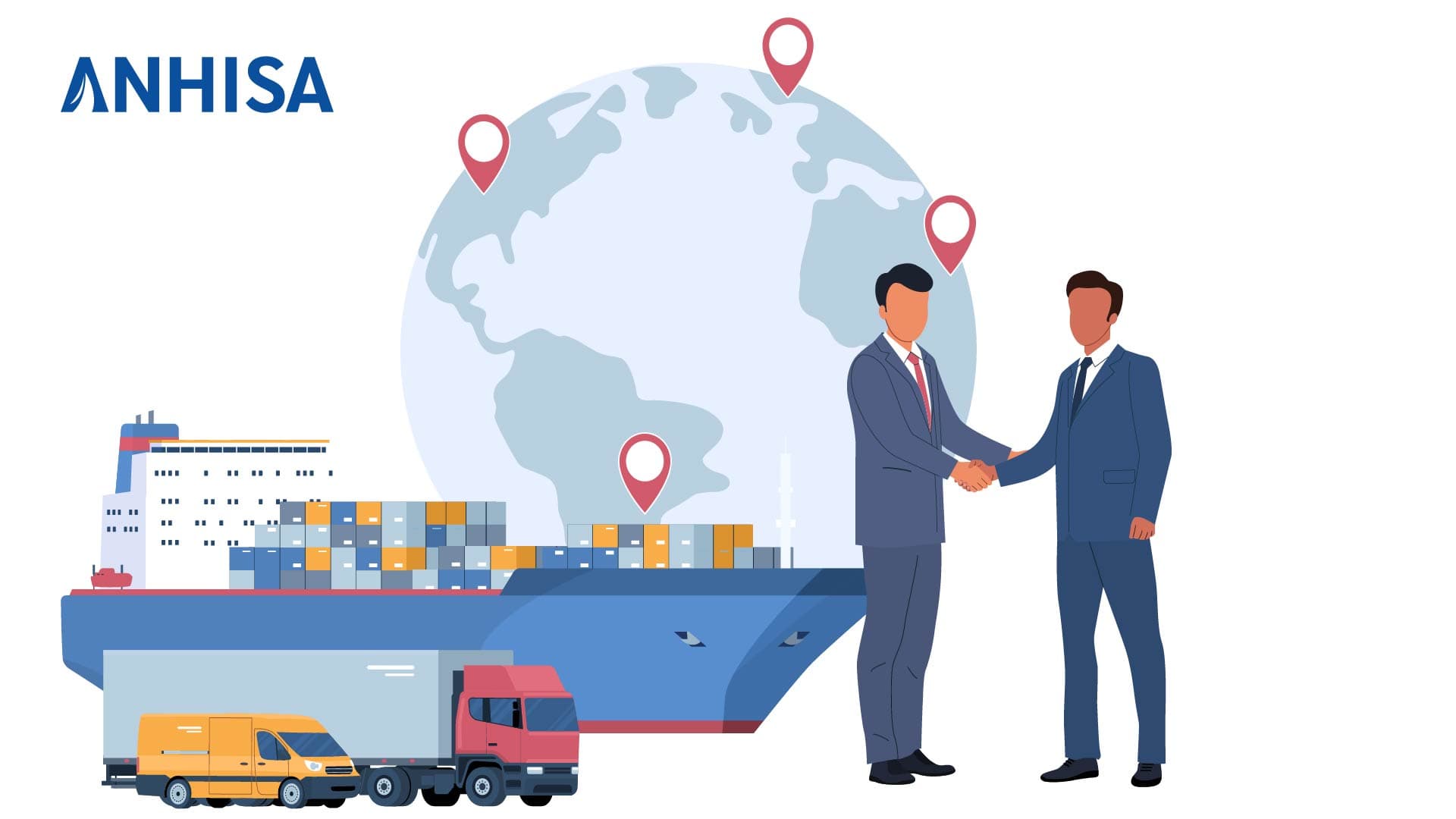
Mediators’ Role in Alternative Dispute Resolution (ADR)
March 13, 2024
- TEL:
- Hanoi Office: +84 24 320 47609
- Saigon Office: +84 28 5416 5873
- HOTLINE:
- +84 (0) 939 117 398
- +84 (0) 983 488 380


